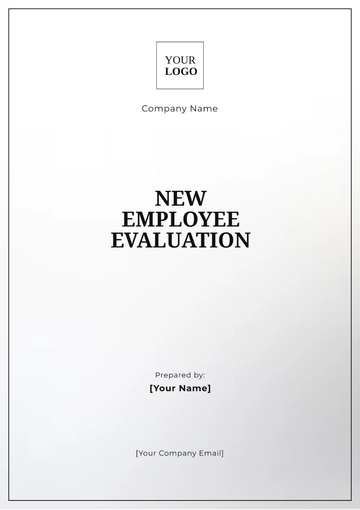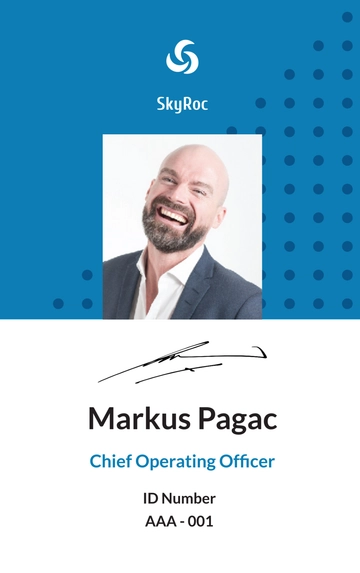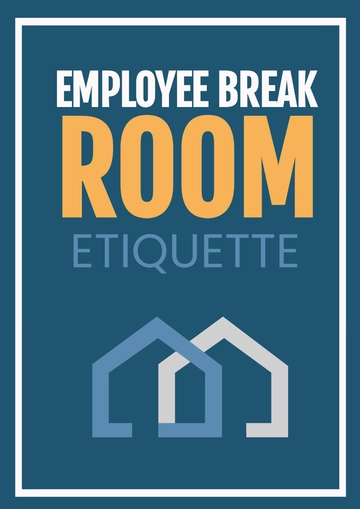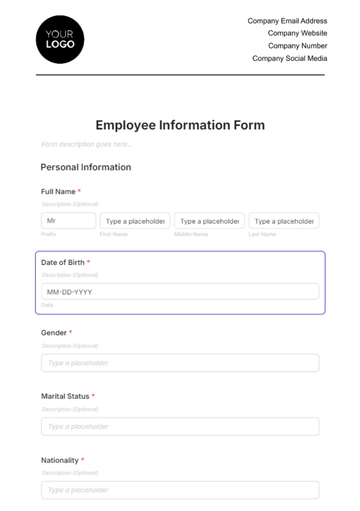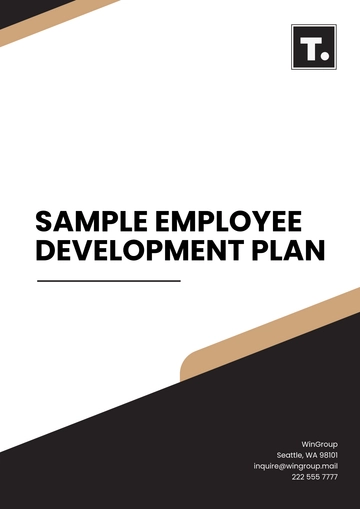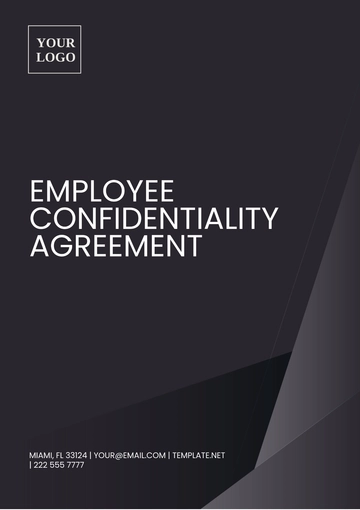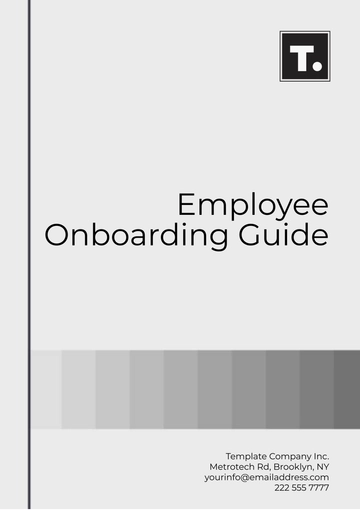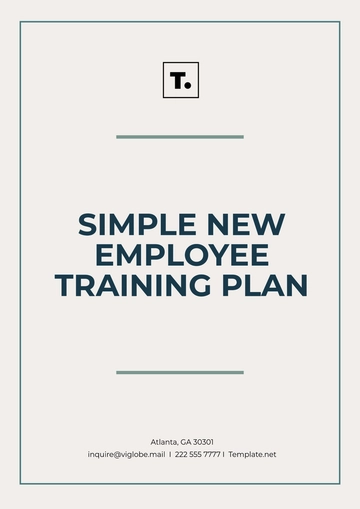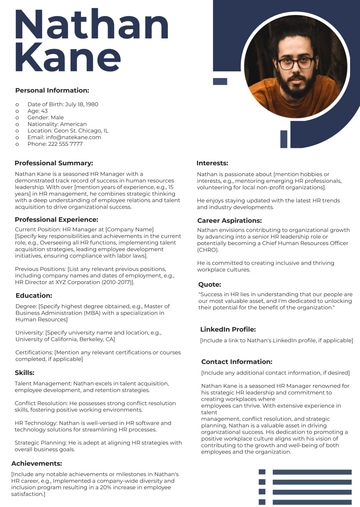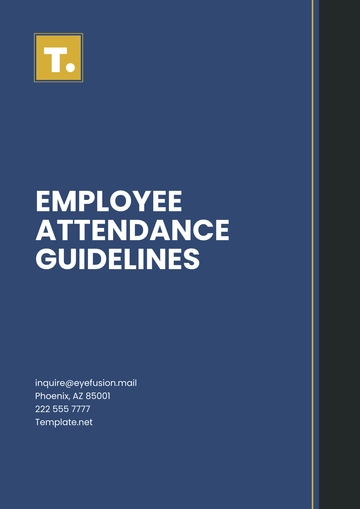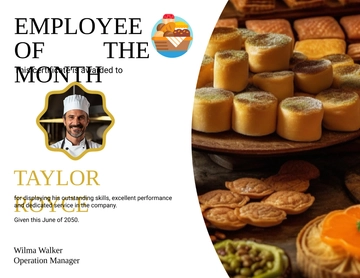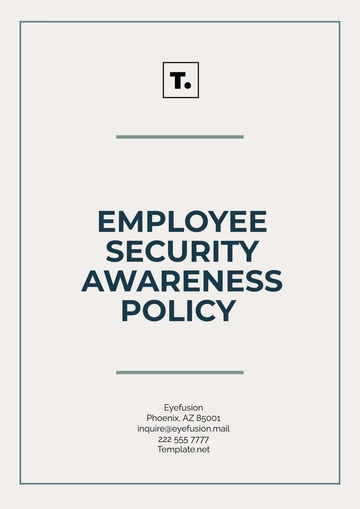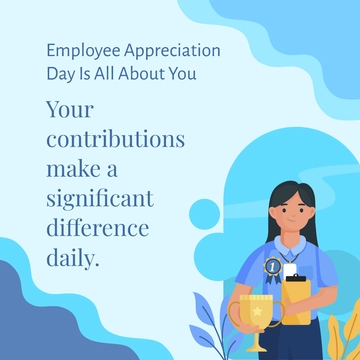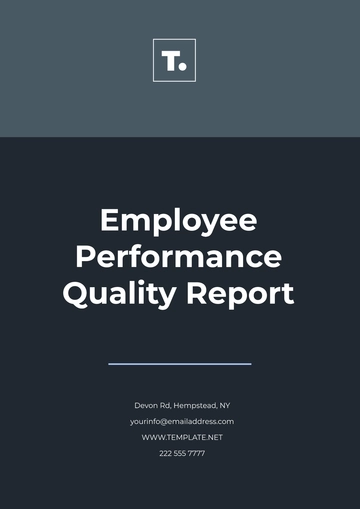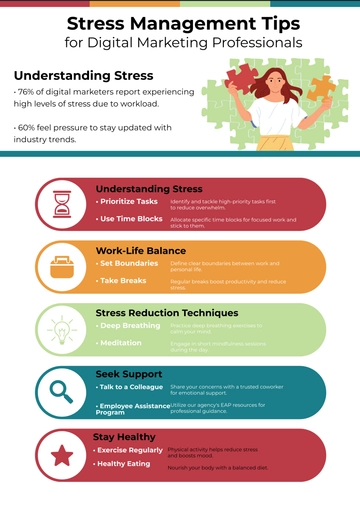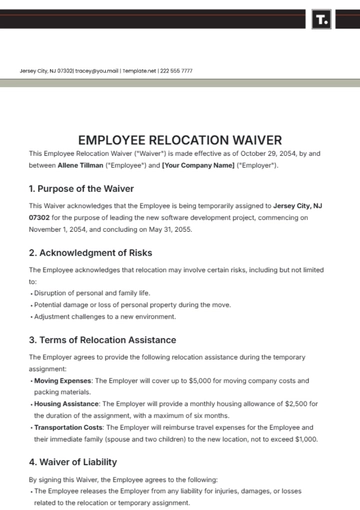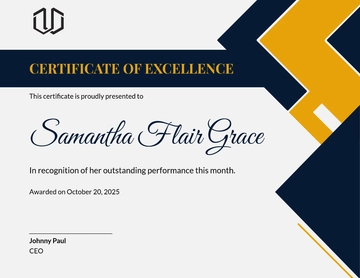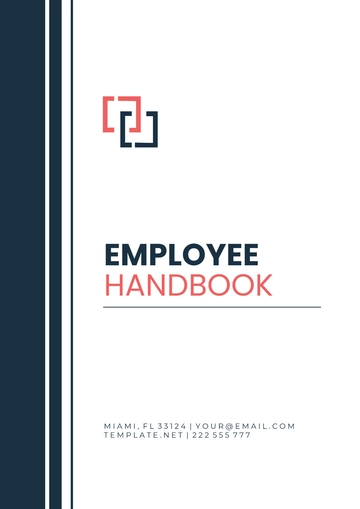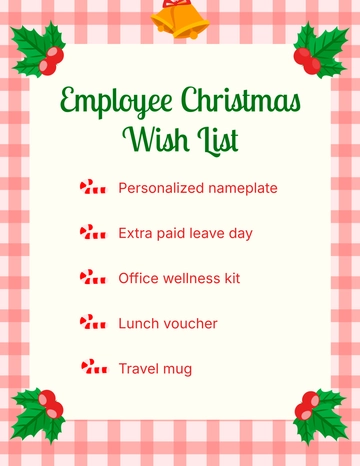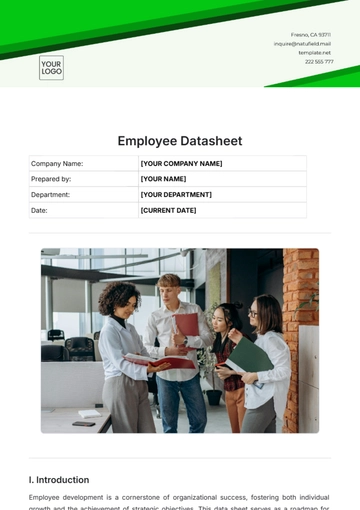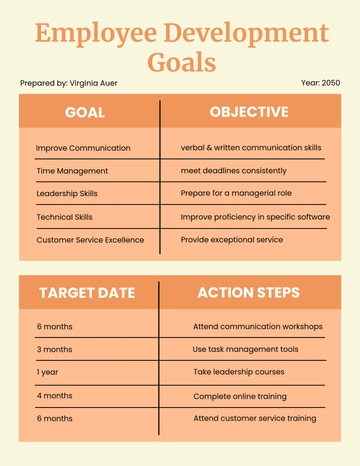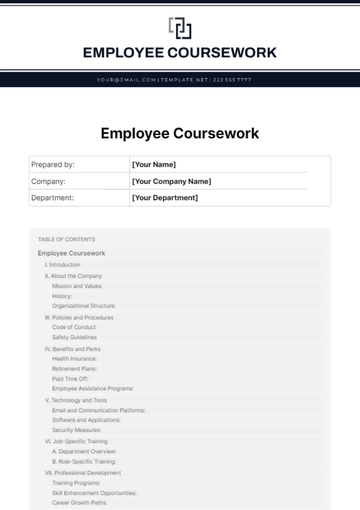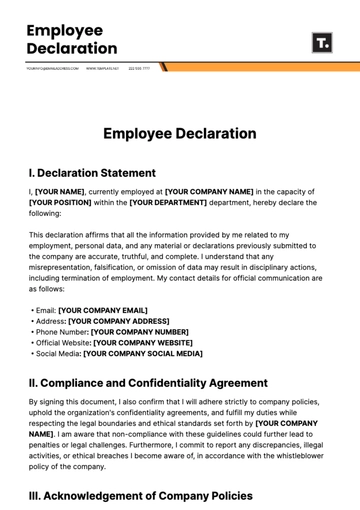Free Restaurant Employee Meal Policy
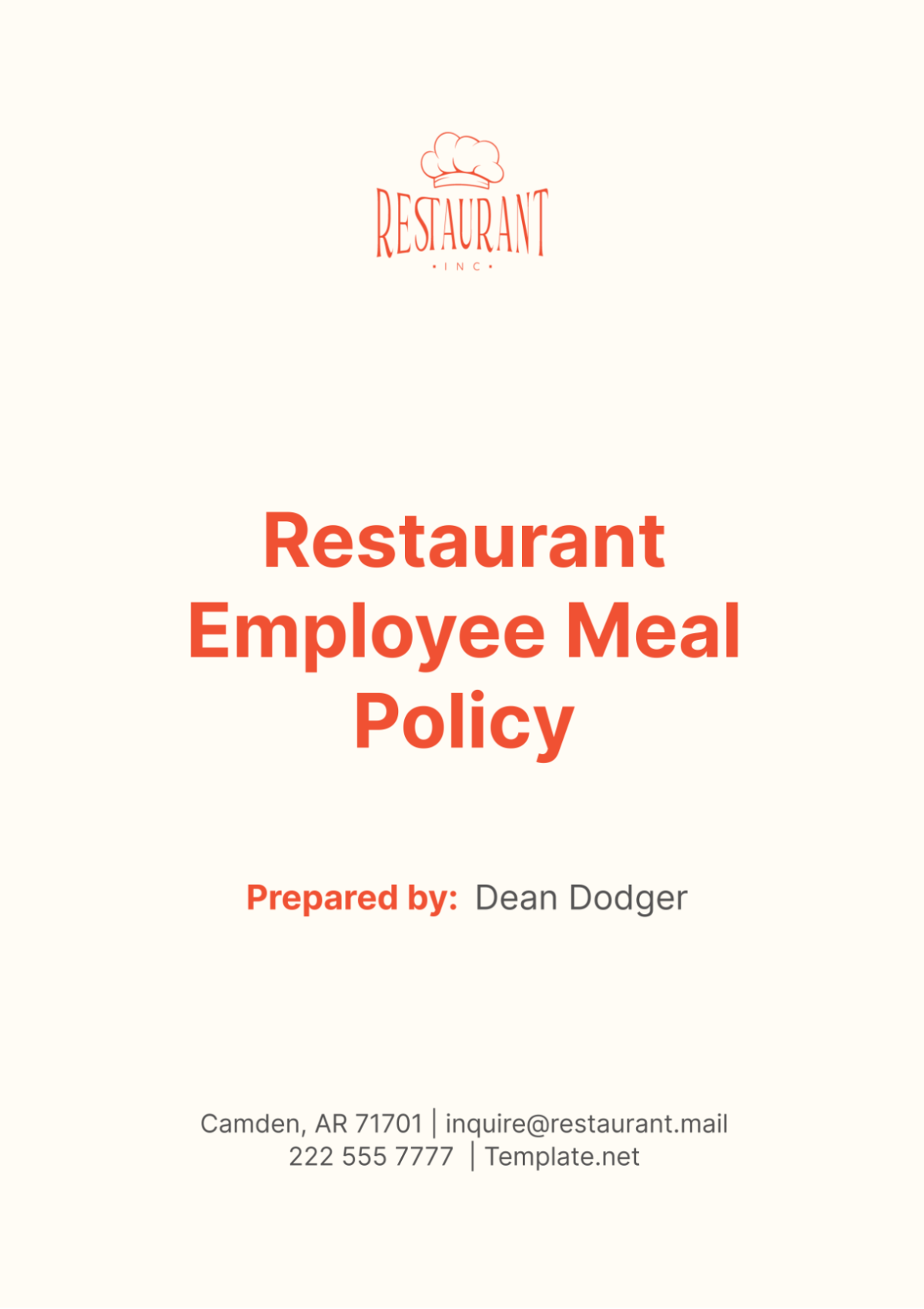
I. Introduction
A. Purpose of the Policy
At [Your Company Name], we recognize the value of our employees and their well-being. Providing meals during work shifts is one way we show appreciation for their hard work and dedication. This policy outlines the procedures and guidelines for employee meals, ensuring that our team members receive nutritious and convenient meals, which in turn helps maintain high levels of energy and productivity.
Employee meals contribute to a positive work environment, enhance job satisfaction, and improve overall morale. By offering this benefit, we aim to create a supportive atmosphere where employees feel valued and motivated.
B. Scope of the Policy
This policy applies to all employees of [Your Company Name], including full-time, part-time, and temporary staff. It covers all roles within the restaurant, from kitchen staff and servers to administrative personnel. The policy is designed to ensure fairness and consistency in how employee meals are provided and consumed.
II. Eligibility and Entitlement
A. Eligibility Criteria
All employees of [Your Company Name] are eligible for meal benefits, provided they meet the following criteria:
Full-Time Employees: Employees working 35 hours or more per week.
Part-Time Employees: Employees working fewer than 35 hours per week.
Temporary Employees: Employees hired on a short-term basis, including seasonal workers, after completing a probationary period of 30 days.
B. Meal Entitlement
Employees are entitled to meals based on their shift duration and type. The following guidelines apply:
Full-Time Employees:
Entitled to one meal per shift lasting 4-6 hours.
Entitled to two meals for shifts longer than 6 hours.
Part-Time Employees:
Entitled to one meal per shift lasting 4-6 hours.
No meal entitlement for shifts shorter than 4 hours.
Temporary Employees:
Same entitlements as full-time or part-time employees, based on shift duration, after completing the probationary period.
Employee Type | Shift Duration | Meal Entitlement |
|---|---|---|
Full-Time | 4-6 hours | 1 meal |
More than 6 hours | 2 meals | |
Part-Time | 4-6 hours | 1 meal |
Less than 4 hours | No meal | |
Temporary | 4-6 hours | 1 meal (post probation) |
More than 6 hours | 2 meals (post probation) |
III. Meal Options and Restrictions
A. Menu Selections
[Your Company Name] offers a variety of meal options for employees, ensuring they have access to nutritious and satisfying food. Employees can choose from the following categories:
Standard Employee Menu: A selection of items specifically designated for employee meals, ensuring a balance of proteins, carbohydrates, and vegetables.
Daily Specials: Select items from the daily specials menu are available for employees, with options rotating to provide variety.
Custom Orders: Employees with dietary restrictions or preferences can request custom orders, subject to availability and approval by the kitchen manager.
Menu Category | Description |
|---|---|
Standard Employee Menu | A balanced selection of proteins, carbs, and veggies |
Daily Specials | Rotating items from the daily specials menu |
Custom Orders | Special requests for dietary needs or preferences |
B. Dietary Restrictions and Preferences
We aim to accommodate dietary restrictions and preferences to the best of our ability. Employees should inform their supervisor or the kitchen manager of any dietary needs, including:
Allergies: Information on specific food allergies to avoid cross-contamination.
Dietary Preferences: Requests for vegetarian, vegan, gluten-free, or other specific diets.
Religious Restrictions: Observance of religious dietary laws.
C. Restrictions
While we strive to offer a broad range of meal options, certain restrictions apply to maintain cost control and consistency:
Prohibited Items: Premium menu items such as lobster, steak, and alcohol are not included in the employee meal benefit.
Meal Frequency: Employees are entitled to meals based on their shift duration and cannot accumulate meal benefits from previous shifts.
Sharing Meals: Employee meals are intended for the individual employee and cannot be shared with others.
Restriction Type | Description |
|---|---|
Prohibited Items | No premium items (lobster, steak, alcohol) |
Meal Frequency | Meals based on shift duration, non-accumulative |
Sharing Meals | Meals for individual use only, no sharing allowed |
IV. Meal Preparation and Serving
A. Preparation Guidelines
Meals for employees are prepared following the same hygiene and safety standards as all other dishes served at [Your Company Name]. Key guidelines include:
Designated Staff: Meals are prepared by kitchen staff designated for employee meals during specific times.
Hygiene Standards: Adherence to all food safety and hygiene protocols to ensure the safety of employee meals.
Timely Preparation: Meals are prepared and ready during designated meal breaks to minimize disruption to the work schedule.
B. Serving Procedures
Employee meals are served in a designated area separate from the main dining area to maintain professionalism and avoid disruptions. The serving procedure includes:
Meal Collection: Employees collect their meals from a designated pick-up point in the kitchen or staff area.
Designated Times: Meals are served during specific times aligned with scheduled breaks, typically before or after peak service hours.
Consumption Area: A designated dining area for employees ensures a comfortable and hygienic place to eat.
Serving Procedure | Description |
|---|---|
Meal Collection | Pick-up point in kitchen or staff area |
Designated Times | Aligned with scheduled breaks, non-peak hours |
Consumption Area | Designated dining area for employees |
V. Cost and Compensation
A. Cost to Employees
[Your Company Name] strives to provide meals at no cost to employees whenever possible. However, certain guidelines apply:
Free Meals: Standard employee meals are provided free of charge for eligible employees based on their shift duration.
Discounted Items: If an employee chooses items outside the designated employee menu, they may receive a discount of 50% off the regular price.
Premium Upgrades: For premium items not covered under the employee meal policy, employees can purchase these items at a discounted rate.
Cost Type | Description |
|---|---|
Free Meals | Standard employee meals free for eligible shifts |
Discounted Items | 50% discount on non-designated menu items |
Premium Upgrades | Discounted rate for premium items |
B. Payroll Deductions
If employees choose to purchase premium items or additional meals, the costs may be managed through payroll deductions. The procedure for payroll deductions includes:
Authorization: Employees must authorize payroll deductions for meal purchases by signing a consent form.
Tracking: All meal purchases and payroll deductions are tracked electronically to ensure accuracy.
Monthly Statements: Employees receive monthly statements detailing any meal-related deductions from their paychecks.
VI. Policy on Leftovers and Waste
A. Handling Leftovers
At [Your Company Name], we are committed to minimizing food waste while ensuring that our employees benefit from the meals provided. To achieve this balance, we have established clear guidelines for handling leftovers:
Consumption of Leftovers:
Employees are encouraged to consume their entire meal to minimize leftovers.
Leftovers from employee meals should be consumed within the restaurant premises during designated break times.
Employees are not permitted to take leftover food home unless explicitly allowed by management on a case-by-case basis.
Storage and Safety:
Leftovers must be stored in designated areas within the staff dining area.
All leftover food should be covered and labeled with the employee's name and the date to ensure proper hygiene and avoid cross-contamination.
Any leftover food not consumed within the same day should be discarded by the end of the shift to maintain food safety standards.
Handling Aspect | Description |
|---|---|
Consumption | Leftovers to be consumed within restaurant premises |
Storage | Designated areas, covered and labeled |
Disposal | Leftovers discarded by end of shift |
B. Minimizing Waste
Minimizing food waste is a critical aspect of our sustainability efforts. We encourage employees to be mindful of their meal portions and to participate in waste-reduction practices:
Portion Control:
Employees are encouraged to request meal portions that they can reasonably consume to avoid generating unnecessary waste.
Kitchen staff should be trained to serve appropriate portion sizes that align with the standard employee meal guidelines.
Education and Awareness:
Regular training sessions and informational materials on food waste reduction will be provided to all employees.
Posters and reminders about waste reduction practices will be displayed in staff areas.
Monitoring and Feedback:
Supervisors will monitor food waste levels and provide feedback to employees on their waste management practices.
Employees are encouraged to provide suggestions on how to further reduce food waste.
Practice Type | Description |
|---|---|
Portion Control | Request reasonable meal portions |
Education | Training sessions and informational materials |
Monitoring | Supervisors monitor and provide feedback |
VII. Compliance and Enforcement
A. Employee Responsibilities
Compliance with the employee meal policy is essential to ensure fairness, consistency, and the overall effectiveness of the program. Employees have the following responsibilities:
Adherence to Guidelines:
Employees must follow the meal entitlement and selection guidelines outlined in this policy.
Employees should consume meals only during designated break times and in the specified areas.
Reporting Issues:
Any issues or concerns related to the meal policy should be reported to the immediate supervisor or the HR department.
Employees are encouraged to report instances of non-compliance or misuse of the meal policy.
Respect for Policy:
Employees should respect the rules regarding prohibited items and restrictions on meal sharing.
Employees must acknowledge and sign the employee meal policy agreement during their onboarding process.
B. Consequences of Non-Compliance
Non-compliance with the employee meal policy can lead to disciplinary actions. The following measures will be enforced to ensure adherence:
Verbal Warnings:
Initial instances of non-compliance will result in a verbal warning from the supervisor.
The nature of the non-compliance and the expected corrective actions will be clearly communicated to the employee.
Written Warnings:
Continued non-compliance or more serious violations will lead to a written warning.
The written warning will be documented in the employee's personnel file.
Suspension of Meal Privileges:
Repeated or severe non-compliance may result in the suspension of meal privileges for a specified period.
During this suspension, the employee will not be entitled to the meal benefits outlined in this policy.
Termination:
Gross misconduct related to the misuse of meal benefits or significant breaches of this policy may lead to termination of employment.
VIII. Policy Updates and Revisions
A. Review and Update Frequency
To ensure that the employee meal policy remains relevant and effective, [Your Company Name] commits to regular reviews and updates. The review process includes:
Annual Reviews:
A comprehensive review of the entire policy will be conducted annually.
The review will consider employee feedback, operational changes, and any new regulatory requirements.
Interim Updates:
Interim updates may be made as needed in response to specific issues or changes in the restaurant's operations.
Interim updates will be communicated promptly to all employees.
Review Type | Description |
|---|---|
Annual Reviews | Comprehensive annual review of the entire policy |
Interim Updates | Updates made as needed |
B. Notification of Changes
When changes to the policy are made, it is crucial to ensure that all employees are promptly informed. The following methods will be used to communicate policy updates:
Email Notifications:
All employees will receive an email detailing the changes to the policy.
The email will include a summary of the changes and the effective date.
Website Updates:
The updated policy will be posted on the company intranet or employee portal.
A notice highlighting the revision date and key changes will be prominently displayed.
In-Restaurant Notices:
Printed copies of the updated policy will be available in the staff areas.
Notices about the policy changes will be posted on bulletin boards and other visible locations within the restaurant.
IX. Summary of Key Points
The employee meal policy at [Your Company Name] is designed to provide fair and consistent meal benefits to all employees, supporting their well-being and contributing to a positive work environment. Key points of the policy include:
Eligibility and Entitlement: Clear guidelines on who is eligible for meals and the number of meals based on shift duration.
Meal Options and Restrictions: A variety of meal options, with considerations for dietary restrictions and specific prohibitions.
Meal Preparation and Serving: Hygienic preparation and organized serving procedures to ensure employee satisfaction.
Cost and Compensation: Transparent policies on free meals, discounted items, and payroll deductions for premium upgrades.
Handling Leftovers and Waste: Strategies to minimize waste and responsibly handle leftovers.
Compliance and Enforcement: Employee responsibilities and consequences for non-compliance to maintain policy integrity.
Policy Updates and Revisions: Regular reviews and clear communication of any policy changes.
A. Contact Information
For any questions or further information about the employee meal policy, please contact:
Phone: [Your Company Number]
Email: [Your Company Email]
In-Person: Visit the HR department or speak to your supervisor.
Our team is dedicated to providing excellent service and is always ready to assist with any inquiries or concerns regarding the employee meal policy.
- 100% Customizable, free editor
- Access 1 Million+ Templates, photo’s & graphics
- Download or share as a template
- Click and replace photos, graphics, text, backgrounds
- Resize, crop, AI write & more
- Access advanced editor
Define meal benefits with Template.net's Restaurant Employee Meal Policy Template. This customizable and editable template, accessible through the Ai Editor Tool, helps you outline employee meal entitlements. Personalize it to detail eligibility, restrictions, and procedures. Create a clear policy to ensure fair and consistent meal provisions for your staff.
You may also like
- Employee Letter
- Employee ID Card
- Employee Checklist
- Employee Certificate
- Employee Report
- Employee Training Checklist
- Employee Agreement
- Employee Contract
- Employee Training Plan
- Employee Incident Report
- Employee Survey
- Employee of the Month Certificate
- Employee Development Plan
- Employee Action Plan
- Employee Roadmap
- Employee Poster
- Employee Form
- Employee Engagement Survey

